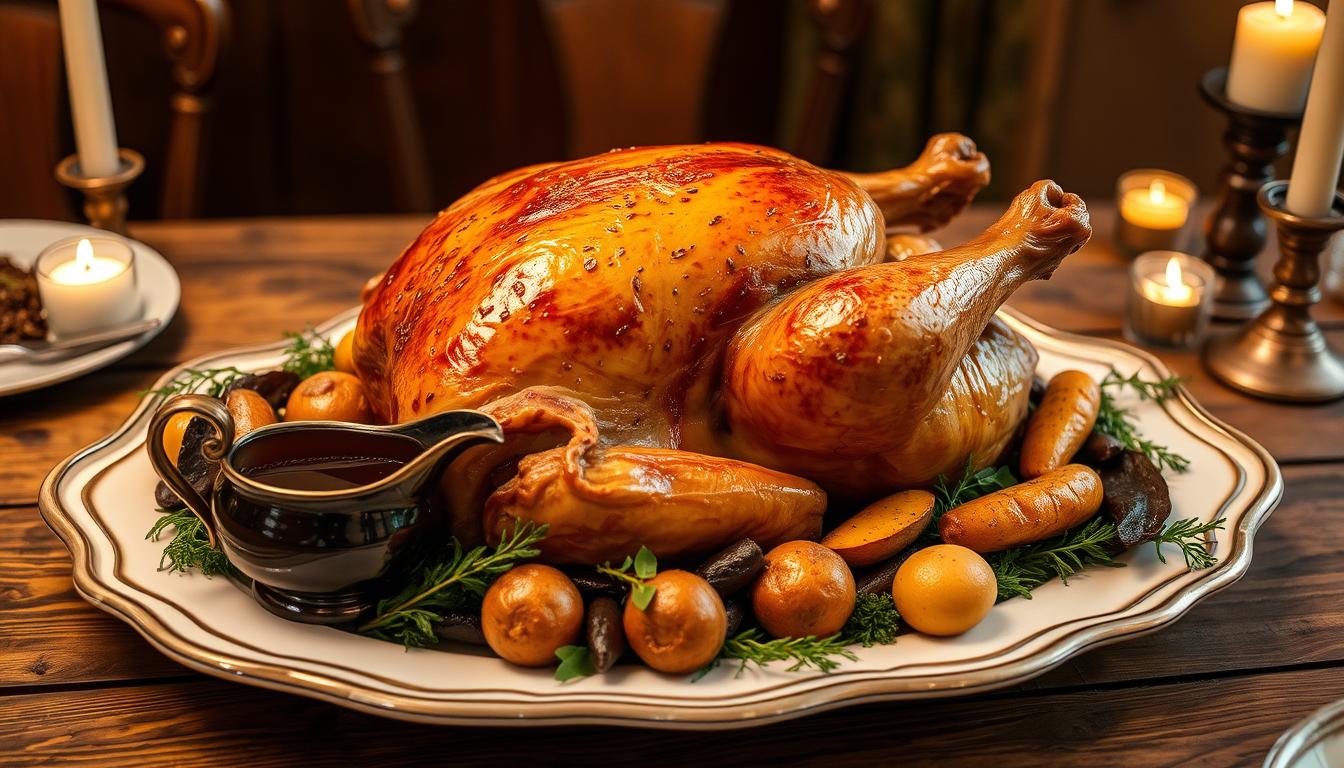Menopause is a time when not only your hormones fluctuate but also your weight increases. The 5 day menopausal diet plan can help you stay fit and lose weight.
During menopause, metabolism changes fat accumulates and muscle mass decreases. This article will tell you about weight gain during menopause and a healthy and easy diet. Click to lose your extra weight.
Remember though, everyone’s health and nutrition is unique. So before you start the 5 day menopausal diet plan to lose weight, consult your doctor and get his approval.
Menopause and Weight Gain:
What is menopause?
Menopause is a natural biological process that marks the end of a woman’s reproductive life. It occurs between 45 to 55 years and is defined as not having a period for 12 consecutive months. This transition is marked by huge hormonal changes, most of which is the decrease in estrogen and progesterone production which are the two hormones that control the female reproductive system.
Weight gain with menopause:
According to the British Menopause Society, a woman gains 1.5 kg every year during her perimenopause years. By the time menopause is over, you may have gained 10 kg. Perimenopause is called the “perfect storm” because hormonal changes, metabolic changes, and lifestyle changes all contribute to weight gain.
The decrease in estrogen levels is to blame here. This decrease reduces muscle mass and requires less energy to function. When you consume calories, the fat accumulates around your organs, especially your abdominal area. Women with slow metabolisms cannot burn calories. Hormonal changes cause visceral fat to rise from 5-8% to 10-15% of your body weight.
Plus, a sedentary lifestyle increases the risk of adding more weight. If you want to maintain your body weight and shape, you must be precise with your food and physical activity. So the 5 day menopausal diet plan for weight loss will help you.
Health Problems During Menopause
Perimenopause throws a storm in your life and you start to gain weight. Every woman gains weight and fat differently. The key is to maintain your weight. If not controlled, the risk of more health problems grows.
- Heart problems.
- Menopause with Joint Pain.
- Type 2 Diabetes
- Symptoms may include difficulty breathing, low self-esteem, and body image issues, especially during sleep.
- Difficulty managing other menopausal symptoms like mood swings, hot flashes, and night sweats
.
Hormonal Changes During Menopause
First and foremost, hormonal changes associated with menopause can alter body composition. A decrease in estrogen levels can cause fat to shift from hips and thighs to belly and increase visceral fat (Kodoth et al., 2022; Kozakowski et al., 2017). This type of fat is metabolically active and has been linked to increased risk of chronic diseases including heart disease and type 2 diabetes.
Here is The Menopause Diet 5 Day Weight Loss Plan:
If you are in menopause and started to gain weight, it’s time to get in control. The 5 day menopause diet plan for weight loss will help you.
Also this menopause weight loss diet plan focuses on eating natural, hormone balancing foods that are healthy and help to curb cravings. UK Meds 5 Day Menopause Diet Plan is all about portion control and balance. By adjusting serving sizes you can avoid overeating and enjoy great and satisfying meals. The plan includes many nutrient dense foods like lean meats, whole grains, plenty of fruits and vegetables and healthy fats. This combination will give you a balanced and nourishing diet that helps with weight loss and overall health during menopause.
Day 1: Breakfast Boost
- Start the day with a big bowl of porridge topped with fresh berries and honey.
- Snack on a small handful of mixed nuts or Greek yogurt.
- Lunch should be a colourful salad with grilled chicken or tofu, topped with olive oil and balsamic vinegar.
- For dinner have baked salmon with steamed broccoli and quinoa.
- Drink herbal tea or water throughout the day.
Day 2: Gut friendly
- Start with a smoothie made with kale, banana and almond milk.
- Mid morning snack on sliced cucumber and carrot sticks with hummus.
- Lunch is a vegetable and lentil soup or whole grain sandwich with lean protein and loads of vegetables.
- Evening meal is a stir fry with tofu or lean meat and plenty of colourful vegetables.
- Drink green tea or flavoured water.
Day 3: Balanced
- Start with a bowl of Greek yogurt topped with sliced apples and cinnamon.
- Snack on a slice of melon or a small bunch of grapes.
- Lunch is whole grain pasta salad with loads of fresh veggies and a gentle vinaigrette.
- Dinner is roasted chicken with sweet potatoes and steamed green beans.
- Drink herbal tea or water throughout the day.
Day 4: Plant Based
- Start with a fruit salad topped with a dollop of low fat yogurt.
- Snack on cherry tomatoes and whole grain crackers.
- Lunch is quinoa and vegetable stir fry or chickpea salad with lemon tahini dressing.
- Dinner is lentil curry with brown rice and mixed greens.
- Herbal tea or water.
Day 5: Nutrient dense
- Start with scrambled eggs and sautéed spinach.
- A small piece of dark chocolate (70% cocoa or higher) is a good mid morning snack.
- Lunch is a big bowl of vegetable soup with a slice of whole grain bread.
- Finish the 5 day plan with a celebratory meal of grilled fish, roasted asparagus and quinoa.
- Drink herbal tea or water.
FAQ
Can the Menopause Diet help with weight loss?
Yes it can. As your metabolism slows down during menopause this diet includes fibre rich foods, lean proteins and healthy fats. These foods help with weight management, appetite control and muscle mass.
What foods should I eat in the Menopause Diet?
Leafy greens, whole grains, lean proteins and healthy fats like avocados and nuts. Foods high in calcium and vitamin D like dairy and fortified cereals are also important for bone strength.
Are there foods I should avoid during menopause?
You should avoid processed foods, sugary snacks and alcohol. These can trigger hot flashes and cause weight gain. Limiting caffeine and spicy foods may also help with night sweats.
How does the Menopause Diet help with hot flashes?
The Menopause Diet includes foods high in phytoestrogens like soy products and flaxseeds. These plant based compounds mimic estrogen and may help reduce the frequency and severity of hot flashes.
Is the Menopause Diet good for bone health?
Yes this diet focuses on foods high in calcium and vitamin D which are good for bone health. Leafy greens, dairy and fortified foods can help prevent osteoporosis which is a common concern during menopause.
Can the Menopause Diet improve mood and energy?
The diet includes omega 3s found in fish like salmon which can improve mood and reduce inflammation. Complex carbs like whole grains provide steady energy and help combat fatigue and mood swings.
How much water should I drink on the Menopause Diet?
Hydration is crucial during menopause. Drink at least 8 glasses of water a day to manage hot flashes, reduce bloating and keep the body’s systems running smoothly. Staying hydrated also helps with skin and joint health.
How long do I have to follow the Menopause Diet?
The Menopause Diet is not a quick fix. It’s a long term eating plan for overall health during and after menopause. By adopting these habits you can continue to manage symptoms and be well.
Can I exercise with the Menopause Diet?
Yes exercising with the Menopause Diet can enhance the benefits. Weight bearing exercises help with muscle mass and bone density. Walking, swimming and yoga also help with heart health and mood.
Do I need supplements on the Menopause Diet?
In some cases supplements may be helpful. If your diet is lacking in calcium or vitamin D your healthcare provider may recommend a supplement. But always get nutrients from whole foods whenever possible.
Can I do the Menopause Diet if I have other health conditions?
Yes the Menopause Diet is flexible and can be modified for other health conditions. For example for those with high blood pressure, diabetes or digestive issues. Always consult with your doctor or dietitian before starting any new diet.



